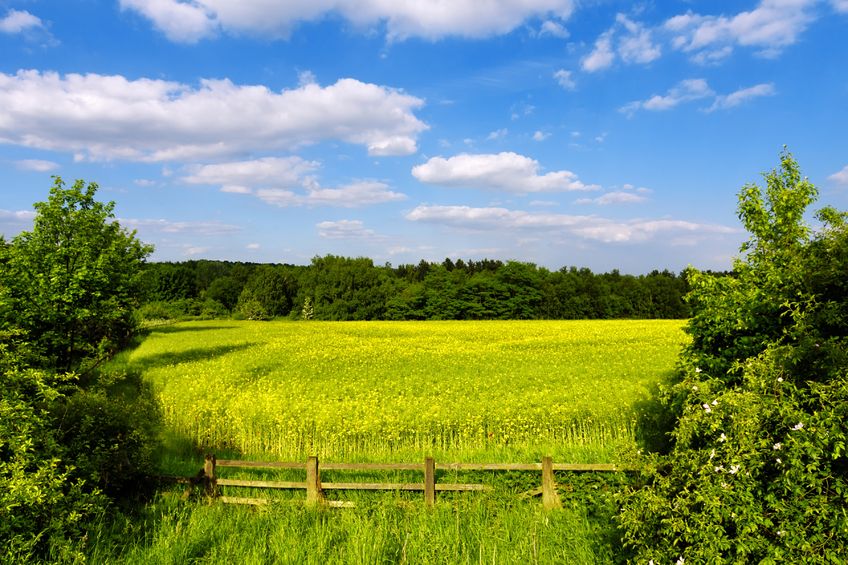
Half of English farmers support the idea of 'public money for public goods' in any post-Brexit agricultural policy, new research shows.
Farmers are increasingly recognising the need for the environment to be prioritised post-Brexit.
Half (50%) of farmers agree with the principle of ‘public money for public goods’. One third are neutral, and one in five disagree with the principle.
Younger farmers are the most supportive with 56% in favour and only 15% against public money for public goods.
The research is by the Wildlife and Countryside Link, the biggest environmental and animal welfare coalition in England.
Surveying 500 farmers in England, it shows a majority (80%) believe the health of the natural environment is important or very important for their business.
Pollution prevention is rated by most farmers as deserving government funding in future farming policy, with more than half of farmers (56.2%) believing that activities which prevent pollution should be supported.
Animal welfare (50.4%), habitat restoration (41%) and biodiversity conservation (38.2%) all ranked more highly than food productivity and competitiveness, which 38% said should be prioritised.
Soil conservation and protection of crop, tree, plant and bee health were ranked closely behind at 37.2% and 35.0% respectively.
Two-thirds of farmers favour regulation
Two thirds of farmers say regulation is important or very important to protect standards in the farming industry.
This is particularly significant considering over 90% of respondents class themselves as ‘conventional’ or ‘high-input’ farmers
Increased weather volatility, e.g. flood and drought caused by climate change, is the second most commonly reported problem facing farmers (affecting 40%), second only to increased costs and reduced profit margins (affecting 51%).
Weather volatility is hitting horticulture (75% affected) and arable farmers (51%) the hardest.
Lack of access to capital and Brexit uncertainty
A third of farmers are currently taking no environmental action to deal with problems on their farms.
Nearly half (44%) are undertaking one or two environmental activities, one in five are undertaking three or more.
Farmers cite lack of access to capital and uncertainty caused by Brexit as by far the biggest barriers to making environmental and other improvements to their farm business.
Helen Chesshire, Chair of Wildlife and Countryside Link’s Agriculture Group, said farmers and conservationists are 'on the same page' for the future of farming.
“Farmers are key guardians of our environment, and this research shows they know it is vital to our farming future to prioritise fixing the natural resources which farms rely on.
“With more than double the number of farmers in favour of public money for public goods than are against it, this research is a clear vote from farmers for keeping a strong environmental focus in future farming policy and legislation,” she said.
The research was conducted by AgriSmart Limited on behalf of Wildlife and Countryside Link.
